Social Sciences
Social Sciences encompasses a range of disciplines studying human behavior, society, and relationships. It includes psychology, sociology, anthropology, economics, and political science.
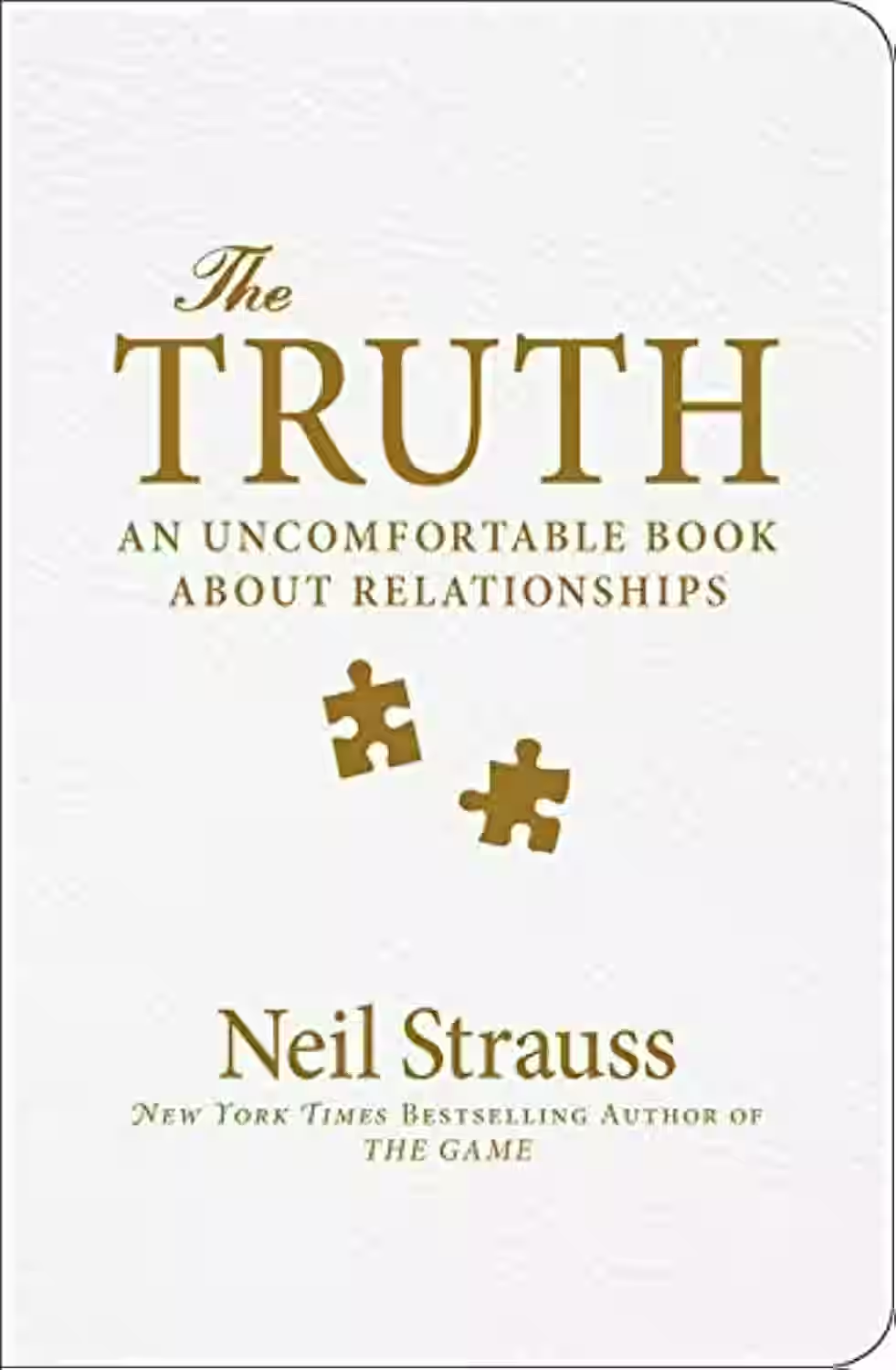
The Truth: An Uncomfortable Book About Relationships
by Neil Strauss
In 'The Truth: An Uncomfortable Book About Relationships' by Neil Strauss, the author delves deep into the complexities of modern relationships and offers a raw and honest exploration of love, intimacy, and personal growth. Through his own experiences and encounters, Strauss challenges traditional views on monogamy and commitment, sparking thought-provoking discussions on the nature of human connections. With candid revelations and self-discovery, the book uncovers the challenges and truths that individuals face in their quest for meaningful relationships. Strauss's writing style is engaging and introspective, making this book a compelling read for those seeking a deeper understanding of love and connection.
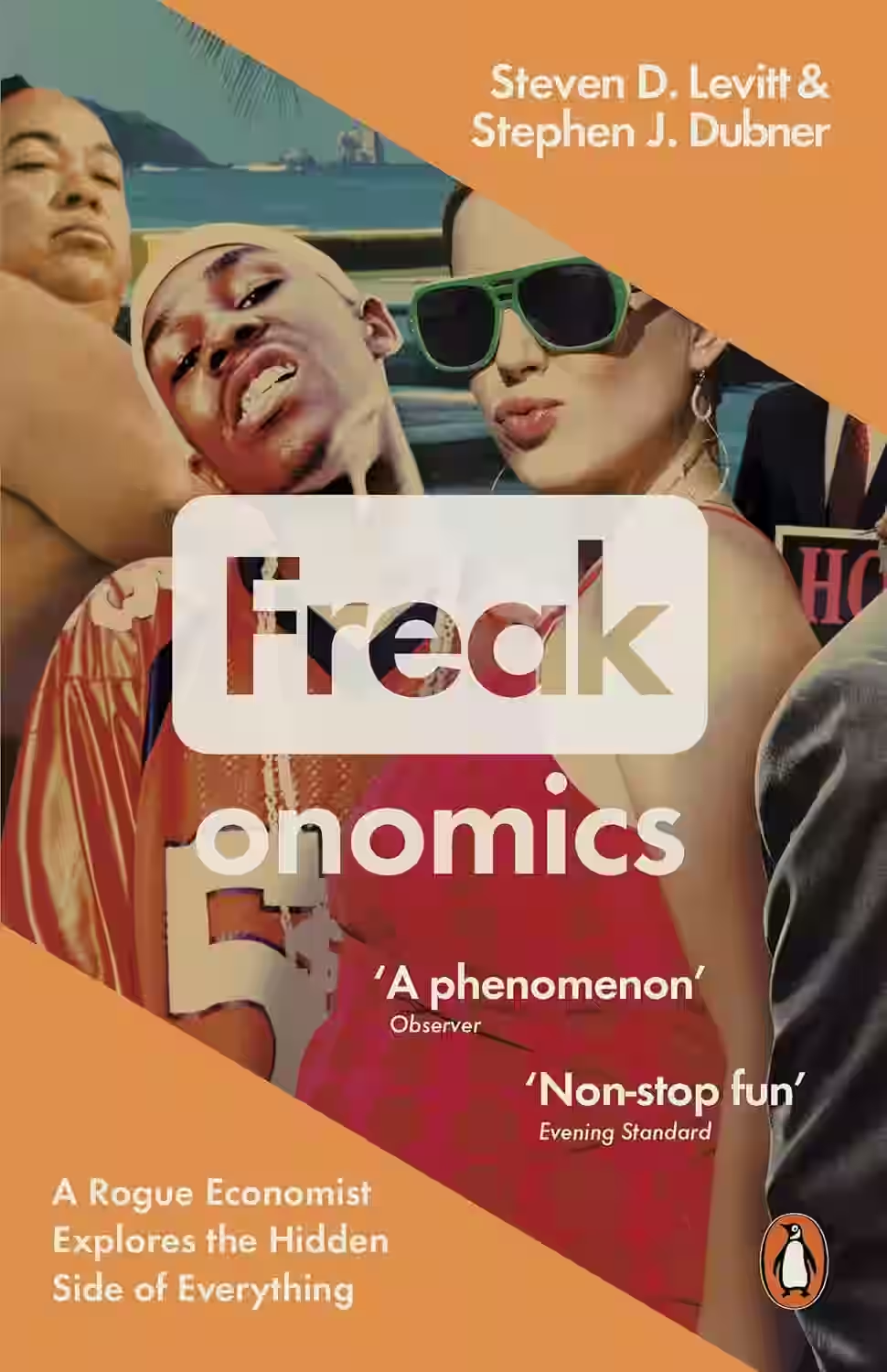
Freakonomics: A Rogue Economist Explores the Hidden Side of Everything
by Steven D. Levitt, Stephen J. Dubner
In 'Freakonomics,' Steven D. Levitt, along with journalist Stephen J. Dubner, delves into the intriguing world of economics to uncover unconventional truths behind everyday phenomena. This book challenges traditional thinking by examining how incentives drive human behavior, exploring correlations between seemingly unrelated factors, and revealing the unexpected consequences of various decisions. Levitt's unconventional approach to data analysis and his ability to ask the right questions make 'Freakonomics' a compelling and thought-provoking read that sheds light on the hidden dynamics shaping our world. From exploring cheating in sumo wrestling to the impact of parenting on children, this book offers a fresh perspective on the complexities of life's mysteries.
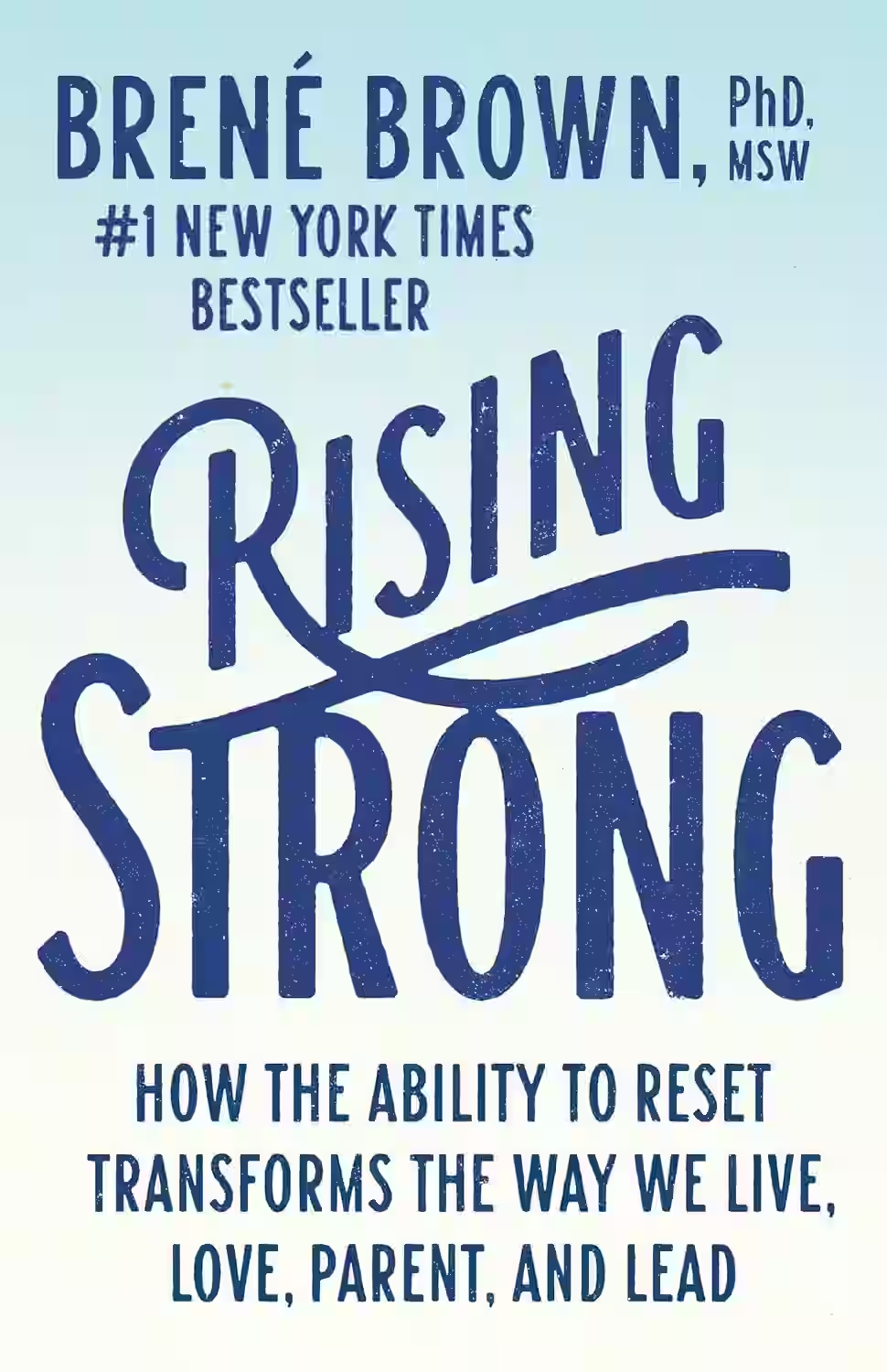
Rising Strong: How the Ability to Reset Transforms the Way We Live, Love, Parent, and Lead
by Brene Brown
In 'Rising Strong', Brene Brown delves into the intricacies of vulnerability and resilience, demonstrating how the ability to rise after a fall profoundly impacts our lives. Through personal anecdotes, research, and actionable strategies, Brown explores the process of getting back up, owning our stories, and rewriting our narratives. She emphasizes the importance of embracing discomfort, reckoning with emotions, and rumbling with our struggles to cultivate a wholehearted life. This empowering book offers insight into how we can transform setbacks into opportunities for growth and connection, fostering courage and empathy in ourselves and others.
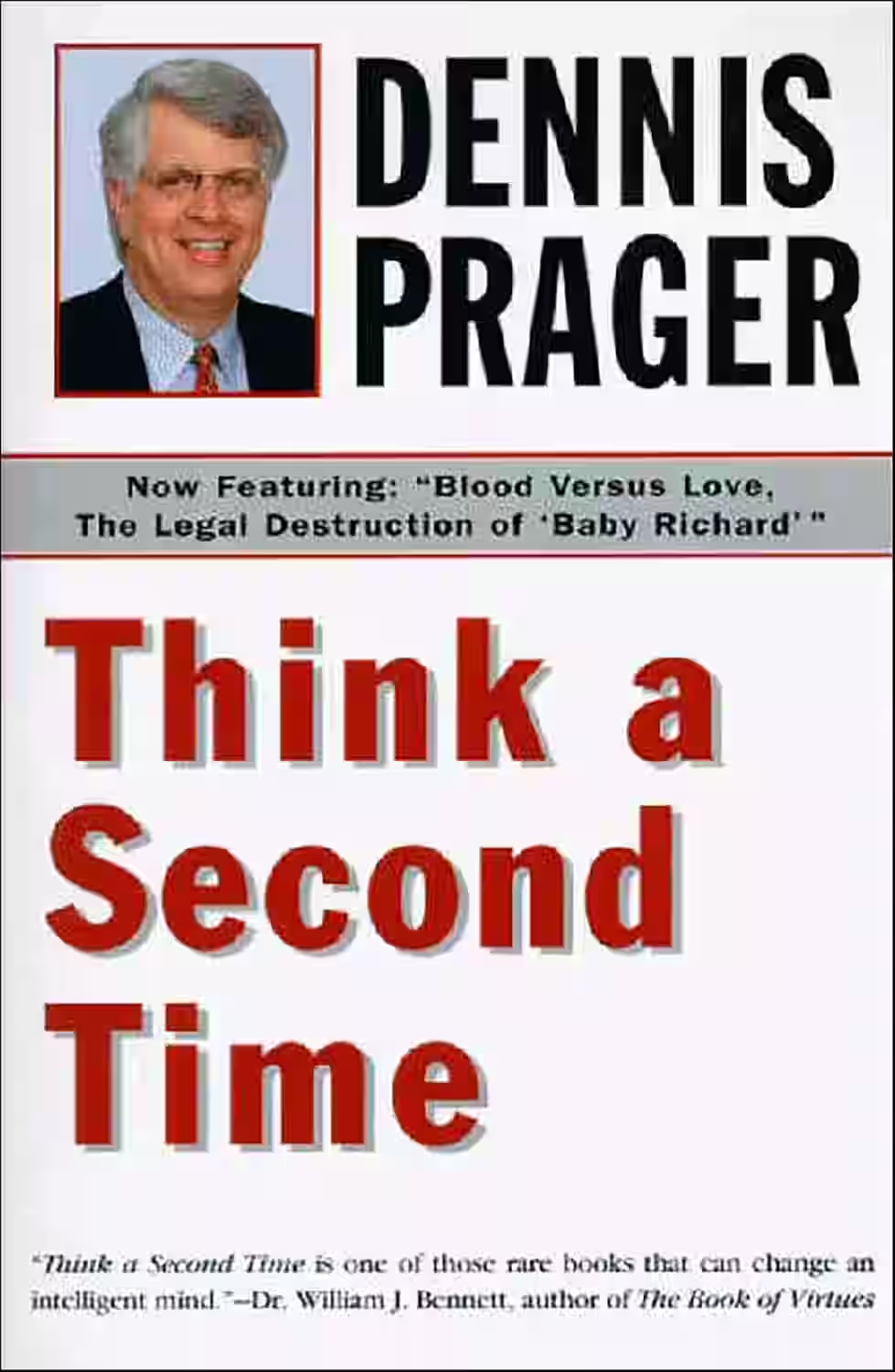
Think a Second Time
In 'Think a Second Time' by Dennis Prager, readers are taken on a thought-provoking journey through a collection of essays that challenge conventional wisdom and encourage critical thinking. Prager delves into various topics such as happiness, morality, religion, and politics with clarity and insight, prompting readers to reconsider their beliefs and perceptions. Through his engaging writing style and compelling arguments, Prager inspires reflection and dialogue on important issues that are relevant in today's society. This book serves as a powerful tool for stimulating intellectual curiosity and fostering a deeper understanding of the world around us.
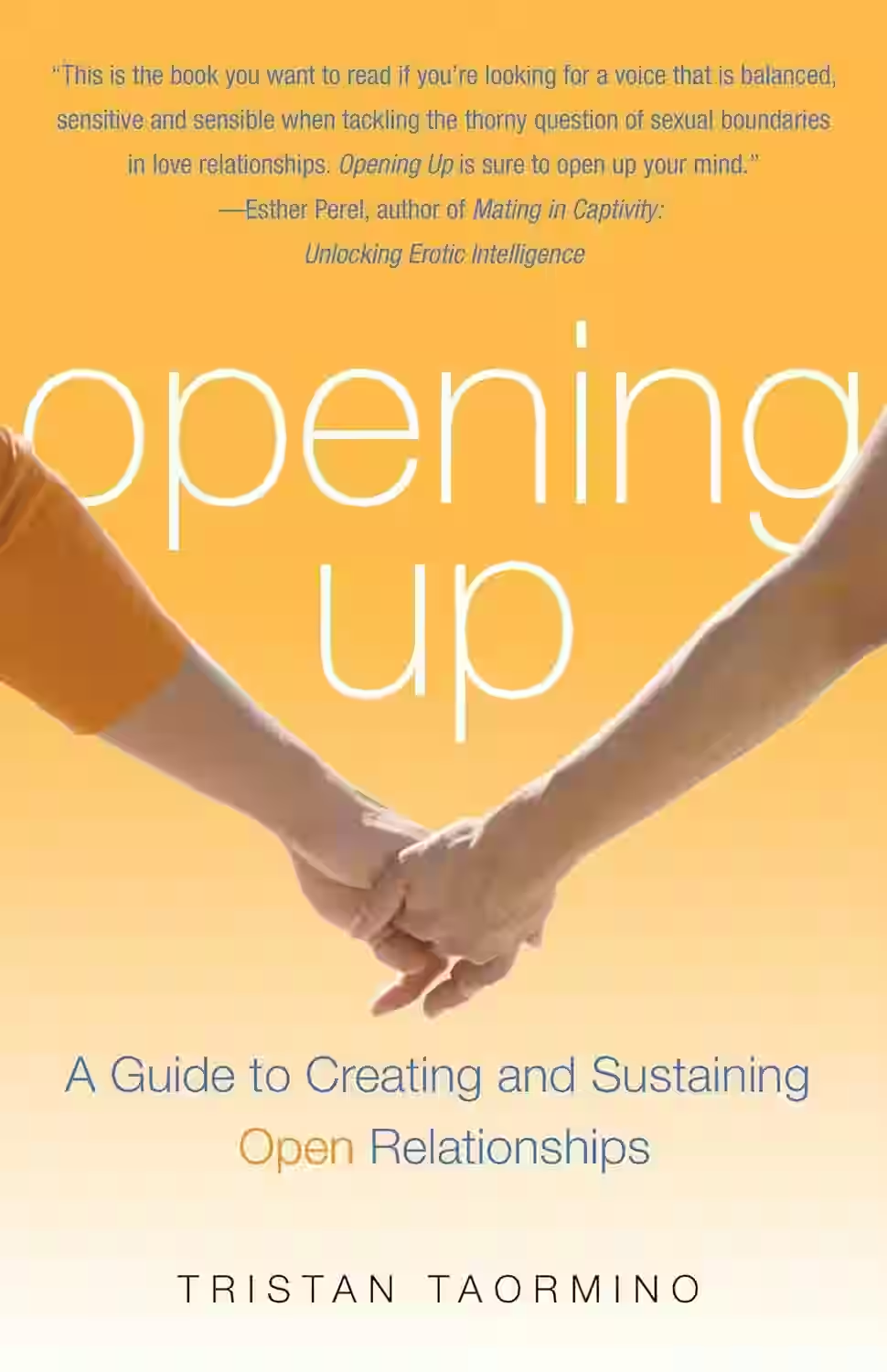
Opening Up: A Guide to Creating and Sustaining Open Relationships
In 'Opening Up: A Guide to Creating and Sustaining Open Relationships,' Tristan Taormino delves into the complexities of non-traditional relationships with insight and practical advice. From communication to jealousy management, Taormino guides readers through the intricacies of open relationships, providing real-life examples and strategies to navigate this often misunderstood territory. Through personal anecdotes and expert tips, the book explores themes of trust, boundaries, and self-discovery within the context of non-monogamous relationships. Taormino's inclusive and non-judgmental approach makes this a valuable resource for anyone curious about or currently practicing open relationships.
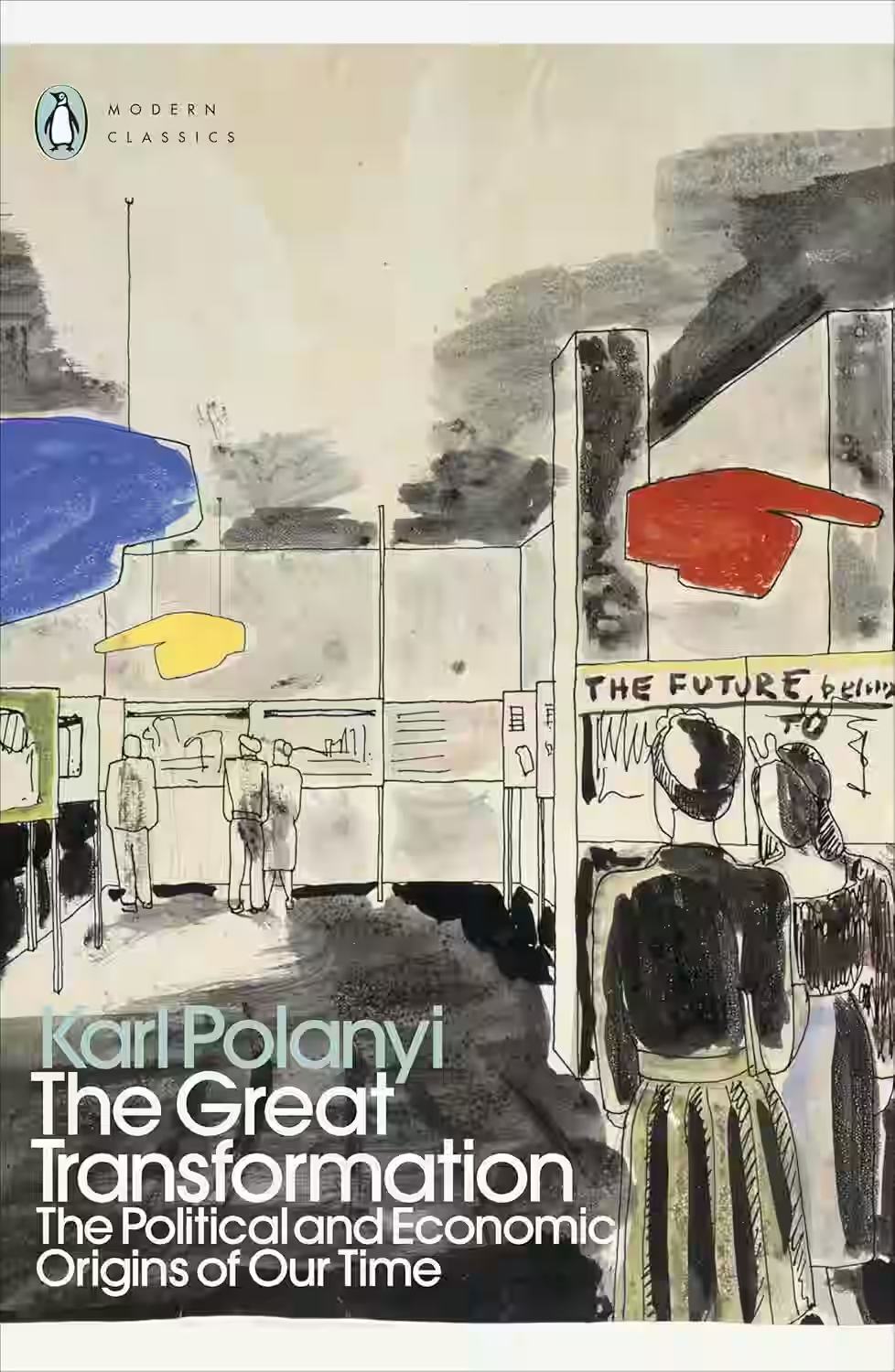
The Great Transformation
by Karl Polanyi
In 'The Great Transformation' by Karl Polanyi, the author dissects the roots of modern society's economic and social structures. Through a historical lens, Polanyi examines the shift from traditional to market economies, delving into the consequences of this transformation on individuals and communities. He argues that the commodification of land, labor, and money has led to widespread social dislocation and environmental degradation, presenting a thought-provoking critique of capitalism. With compelling insights and thorough research, Polanyi challenges readers to rethink prevailing economic ideologies and consider alternative models for organizing society. This seminal work remains relevant in today's discourse on economic inequality and sustainability.
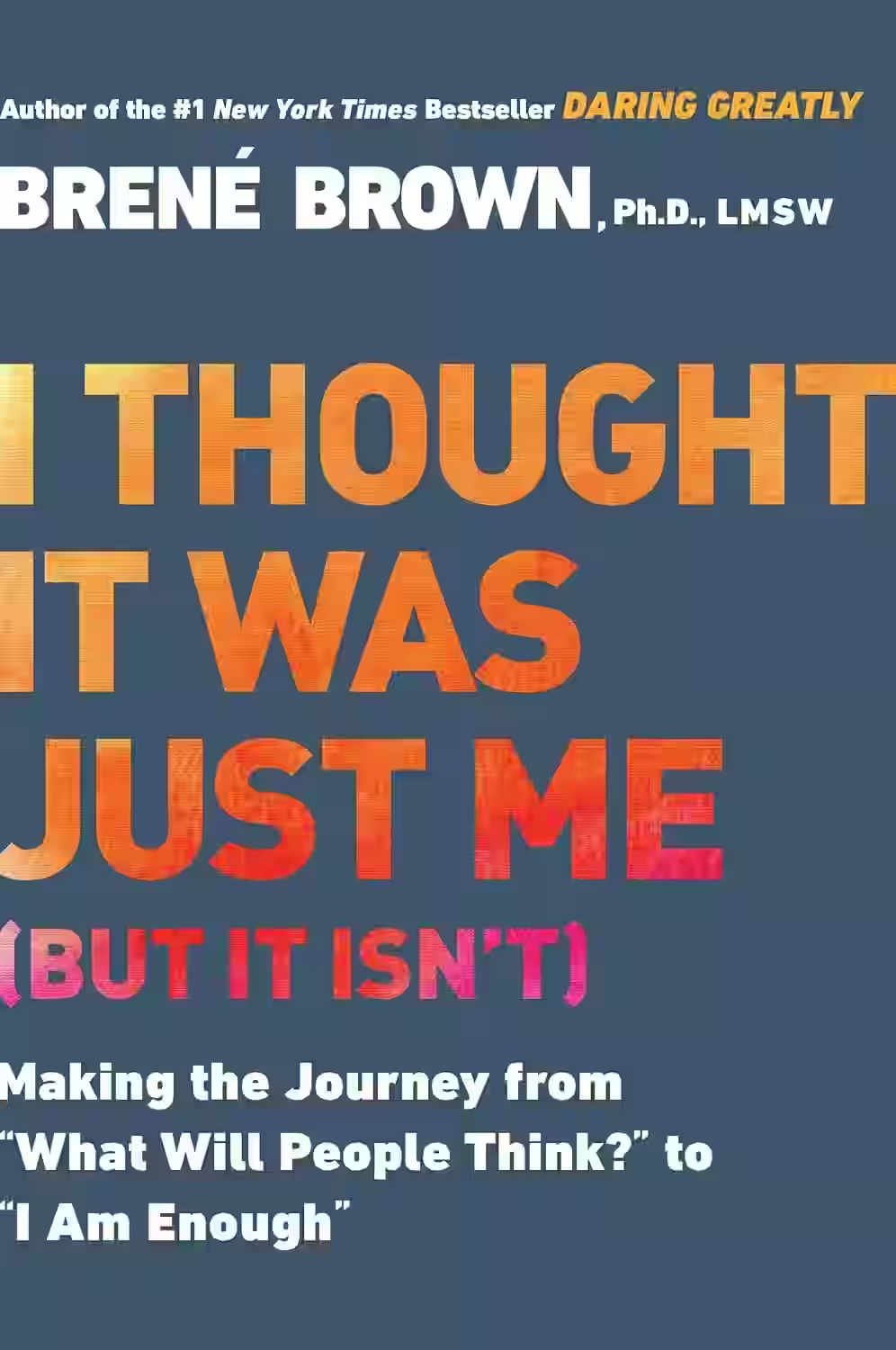
I Thought It Was Just Me (but it isn't): Making the Journey from
by Brene Brown
In 'I Thought It Was Just Me (but it isn't): Making the Journey from 'What Will People Think?' to 'I Am Enough,' Brene Brown explores the concept of shame and its impact on our lives. Through a blend of research, personal anecdotes, and practical advice, Brown delves into the ways shame manifests and provides strategies for overcoming its hold. She empowers readers to embrace vulnerability, cultivate self-compassion, and build resilience. This book offers a profound insight into the human experience, encouraging readers to break free from shame's grip and forge a path towards self-acceptance and authenticity.
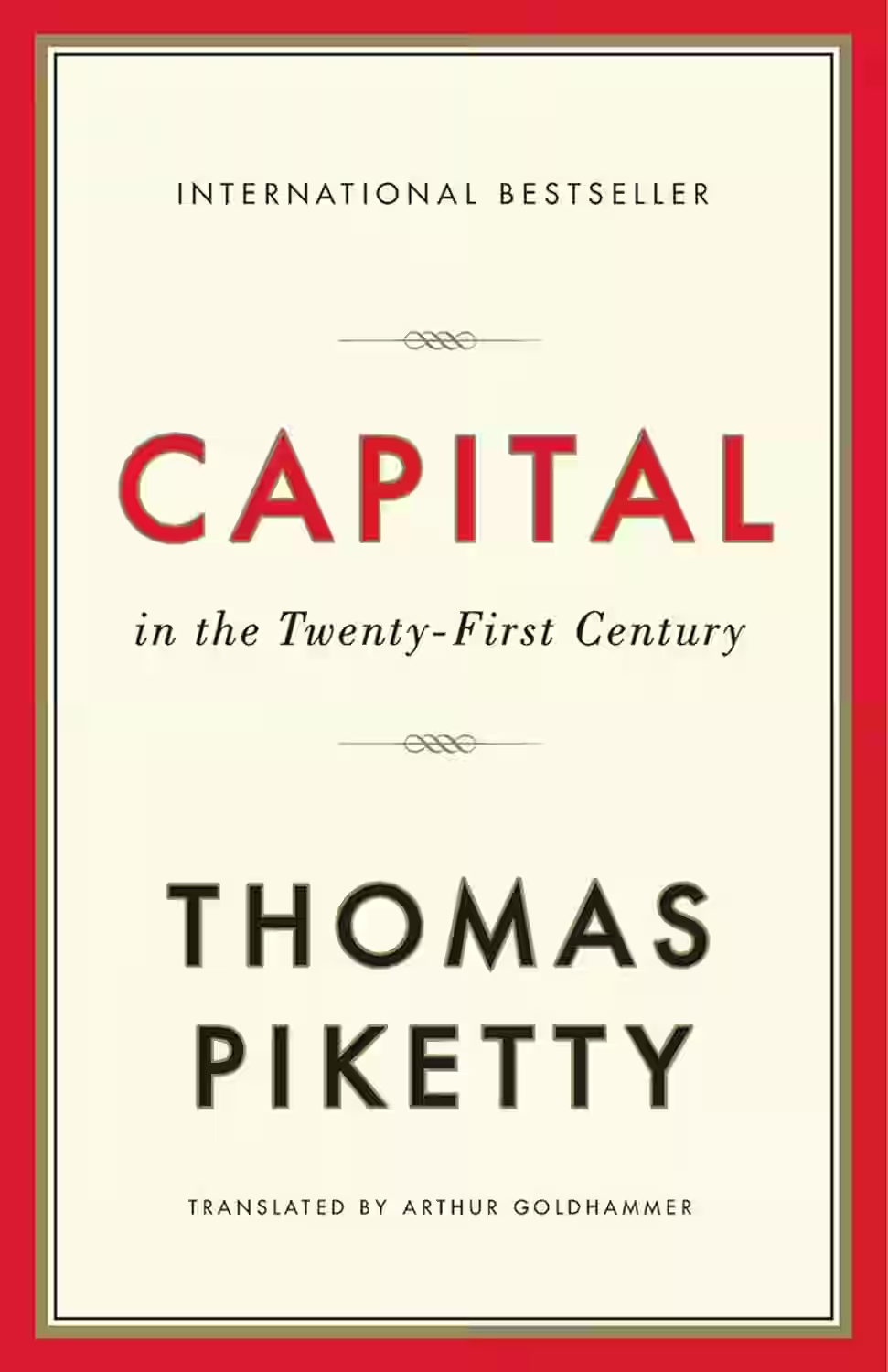
Capital in the Twenty-First Century
In 'Capital in the Twenty-First Century,' Thomas Piketty delves into the dynamics of wealth and income inequality, offering a comprehensive analysis of economic data spanning centuries. Through historical evidence and theoretical frameworks, Piketty explores how capitalism inherently leads to the concentration of wealth in the hands of a few, exacerbating social disparities. He emphasizes the role of inherited wealth and argues for a global wealth tax to address growing inequality. This seminal work challenges conventional economic theories and sparked worldwide debates on wealth distribution and taxation policies.
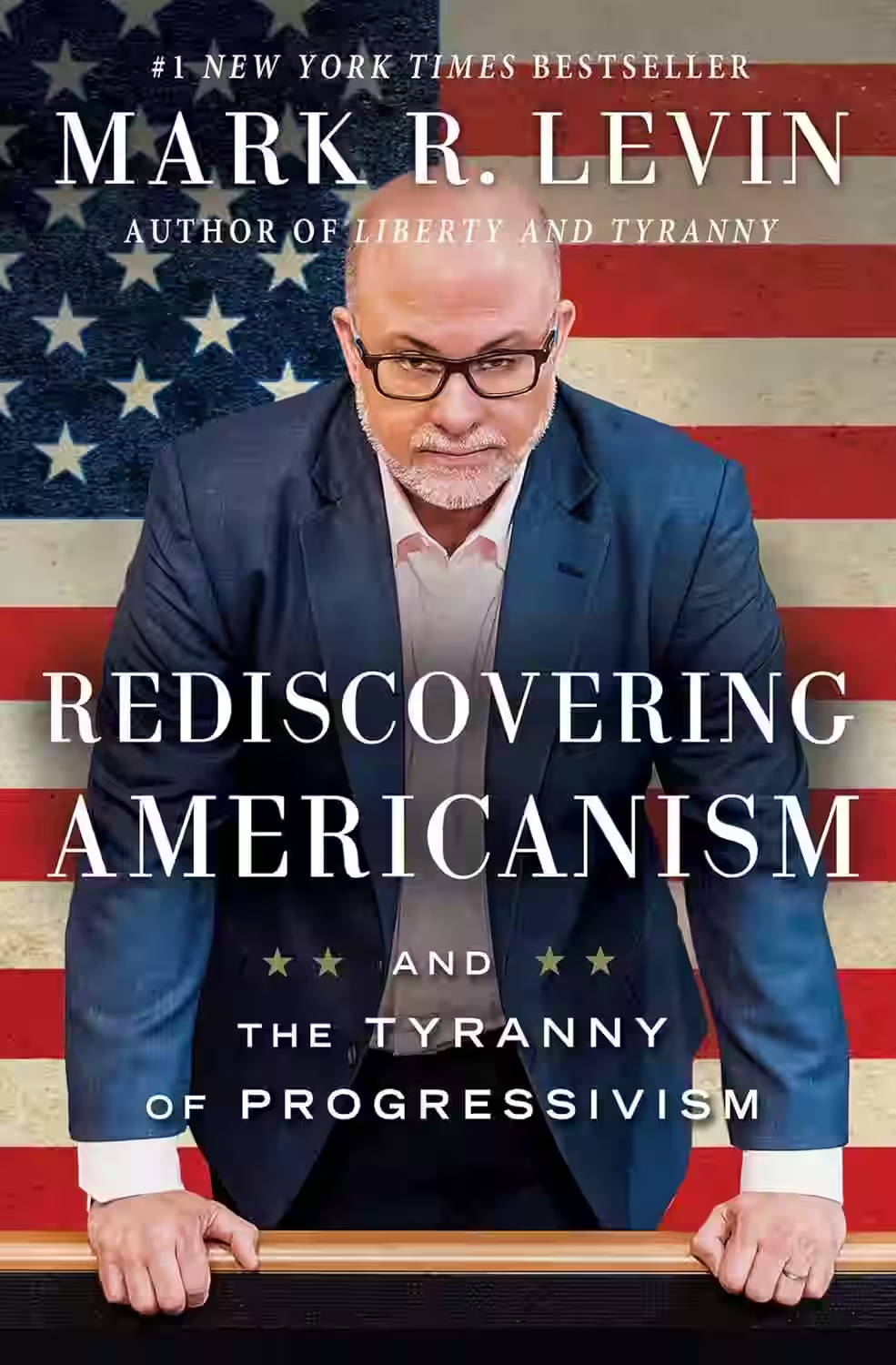
Rediscovering Americanism: And the Tyranny of Progressivism
In 'Rediscovering Americanism: And the Tyranny of Progressivism,' Mark R. Levin delves into the core principles of American conservatism and the dangers posed by the progressive movement. Through a comprehensive analysis, Levin examines the Founding Fathers' vision for America, emphasizing individual liberty, limited government, and free markets. He critiques the progressive ideology for its deviation from these principles, highlighting its threat to the American republic. Levin's compelling argument calls for a return to the roots of Americanism to safeguard the nation's future. This thought-provoking book challenges readers to reconsider their understanding of American values and the ongoing battle between conservatism and progressivism.